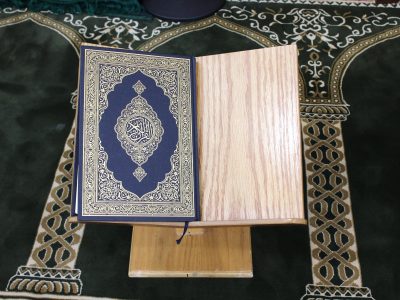Winston-Salem runs a partisan city council election, which to the uninitiated might sound like a crooked contest, but all it means is that candidates for council run as either Democrats or Republicans, and one from each party makes it to the general election.
This is why nobody gambles on Winston-Salem city council district elections: The outcome is too predictable, always taken by the candidate whose party controls the district. All the action is in the primary.
But Greensboro proudly holds a nonpartisan city council election, which ostensibly means that the best candidates, regardless of political party, make it to the general.
It doesn’t always work out that way, but it looks good on paper.
It’s true that city business transcends party politics. City government addresses the most immediate concerns of a fixed community, one bound by intertwined relationships that far outweigh allegiance to a political party: public safety, transportation, waste removal. In a more abstract sense, a city council can affect quality of life and economic development, too.
One Winston-Salem councilmember, when he was still a candidate, likened its role to that of real estate developer, saying that a councilmember’s primary goal should be to make the kind of city that people want to live in.
Things could never be so simple in Greensboro, where the politics of party — and, incidentally, race — come into play over every issue.
What could be more perfect, then, than the appointment of Justin Outling as the successor to Zack Matheny in District 3? Matheny — a Republican, if you’re keeping score — departed for the Downtown Greensboro Inc. presidency last week, and council voted 7-2 for Outling over former District 3 councilman Tom Philips, who was once known as the lone conservative voice on council but on most issues these days is outflanked on the right by District 5’s Tony Wilkins.
Matheny’s a Republican; Outling’s a Democrat. And he’s black, the first to represent the district — the first minority in Greensboro history to attain any district seat outside of a majority-minority district, making it a historical moment indeed.[pullquote]Things could never be so simple in Greensboro, where the politics of party — and, incidentally, race — come into play over every issue.[/pullquote]
But will the voters of District 3, which passes through well-heeled Irving Park and Fisher Park on its way to the lake neighborhoods of the north by northwest, sustain his bid for votes in the fall?
And what of SB 36, now tucked into HB 263 and still alive in the House as of press time? A new District 3 would be excised of its precincts near the center city, but pick up territory on the fringe of the northeast. A new District 3 would be 80 percent white and 36 percent Republican, according to data from the General Assembly. The change might be a good thing for Outling, who would fall into a new District 7 that cuts through downtown, is majority-minority and leans Democrat.
But none of that is supposed to matter, as long as the garbage gets picked up on time.
Join the First Amendment Society, a membership that goes directly to funding TCB‘s newsroom.
We believe that reporting can save the world.
The TCB First Amendment Society recognizes the vital role of a free, unfettered press with a bundling of local experiences designed to build community, and unique engagements with our newsroom that will help you understand, and shape, local journalism’s critical role in uplifting the people in our cities.
All revenue goes directly into the newsroom as reporters’ salaries and freelance commissions.





Leave a Reply